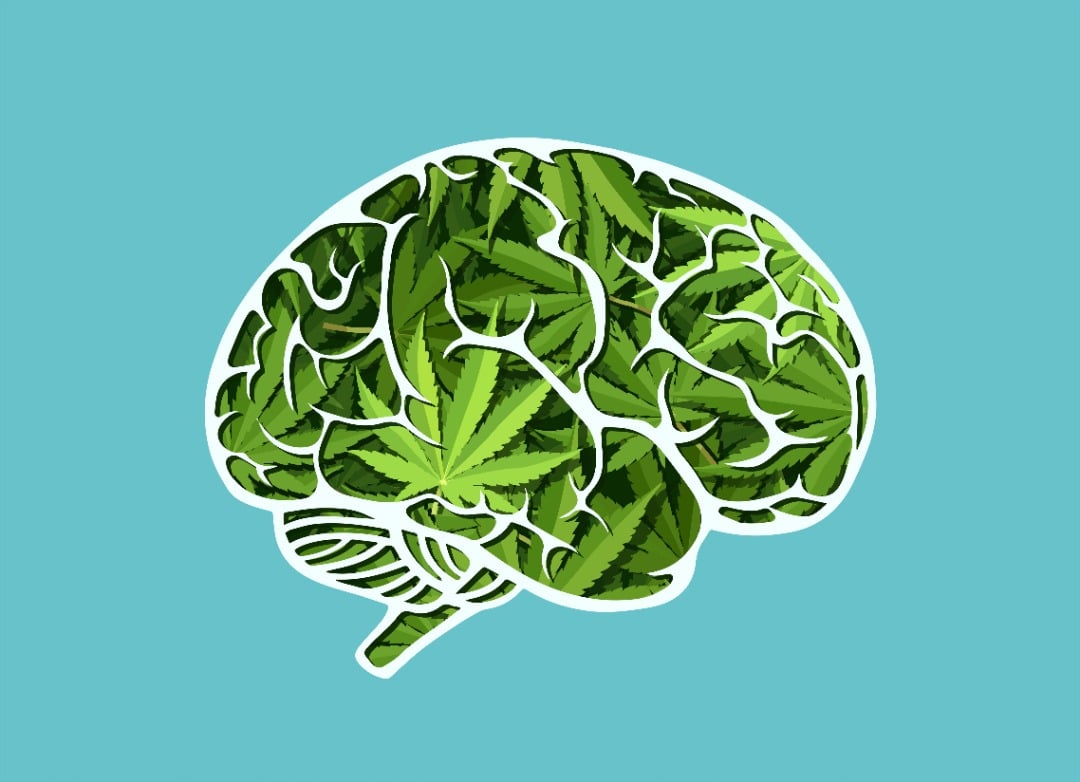
Tetrahydrocannabinol, or THC, is a psychoactive compound found in the cannabis plant. It is one of the most well-known cannabinoids and is responsible for the euphoric and psychoactive effects of cannabis. While some people praise the impact that cannabis has on their lives, others do not experience the same positive effects.
Can marijuana cause depression? Despite ongoing legalization throughout the United States, that doesn’t imply a complete lack of negative effects of cannabis. Instead, ongoing research shows a correlation between THC and depression, and not everyone should be so quick to turn to cannabis for relief.
What is a Depressant?
Drugs are categorized by their effects on the body. Three of the primary drug categories include stimulants, depressants, and hallucinogens. Depressants are a class of drugs that slow down the central nervous system and reduce brain activity. This leaves users feeling relaxed and sedated. Common examples of depressant drugs include alcohol and benzodiazepines.
Is THC a Depressant?
While THC produces similar sedative and relaxing effects, cannabis is not classified as a depressant drug because it does not act on the body’s central nervous system. Instead, it is a psychoactive compound that acts on the body’s endocannabinoid system and falls under the hallucinogen category.¹ The endocannabinoid system is a complex system of receptors and neurotransmitters that affects processes such as mood, appetite, and pain. However, this doesn’t mean that THC has no depressant-like effects.
THC and Depression
Plenty of people consume cannabis responsibly and experience little to no negative effects. However, not everyone has the same positive reaction to THC. This is especially true for people with existing mental health disorders. Some people self-medicate with cannabis and believe that it’s a helpful solution, but a growing body of evidence suggests that cannabis both leads to the onset of depression and that depression can cause increased cannabis use.²
The relationship between mental health disorders and THC is complex. There is no single answer to the question, “Can marijuana cause depression?” Instead, it’s best to address each person on a case-by-case basis. Ultimately, though, self-medication in any form is far from the healthiest approach to a lasting solution for depression. It only tends to exacerbate existing symptoms and can increase the risk of earlier-onset mental health disorders.³
Finding Hope and Help with Depression
Depression is a difficult disorder to live with and often seriously affects a person’s quality of life. The severity of symptoms ranges from day to day and can often leave people not wanting to get out of bed when at its worst. However, with the right intervention and support, there is hope for people with even the most complicated cases of depression.
Mental health treatment programs like those at Steps to Recovery equip individuals with the skills and tools needed to manage their symptoms and regain control over their mental health. Overcoming depression may seem like an impossible feat, but facilities like Steps to Recovery enable you to find the solution you need. To learn more about the services available at Steps to Recovery, call us at 267.719.8528 or submit an online request form today.
Sources:
-
- Harvard Health Publishing. (2021). The endocannabinoid system: Essential and mysterious.
- Advances in Experimental Medicine and Biology. (2021). Cannabis and Depression.
- National Institute on Drug Abuse. (2020). Cannabis (Marijuana) Research Report.
Explore this article:
Explore Our Facilities
Drug and alcohol detox and residential treatment for addiction and mental health disorders
Outpatient treatment center for substance use disorder and mental health disorders
Outpatient treatment center for substance use disorder and co-occurring mental health disorders







